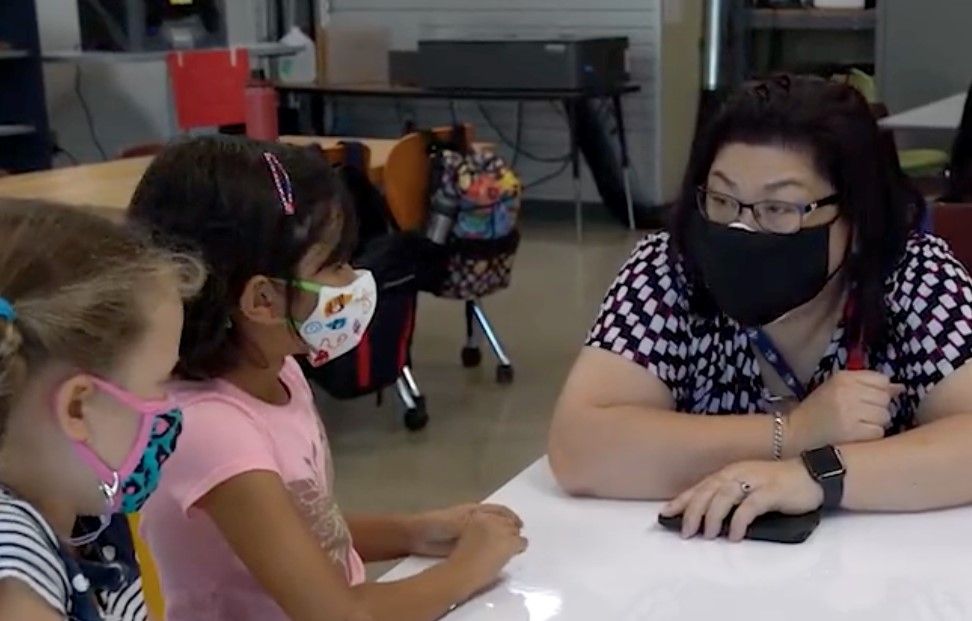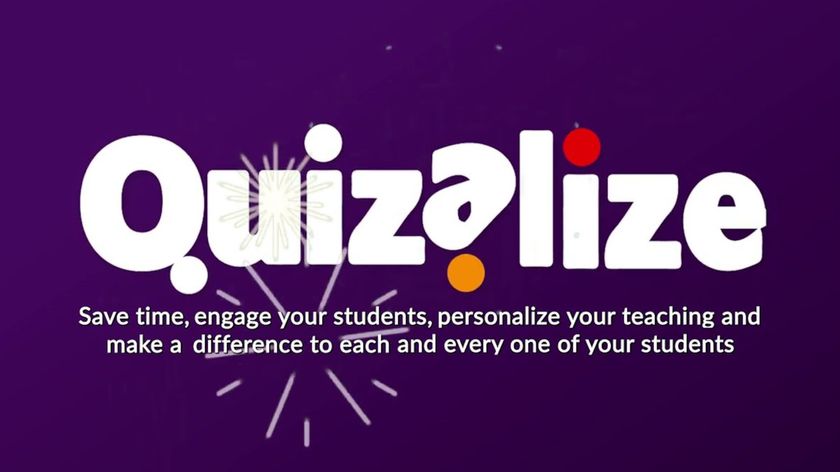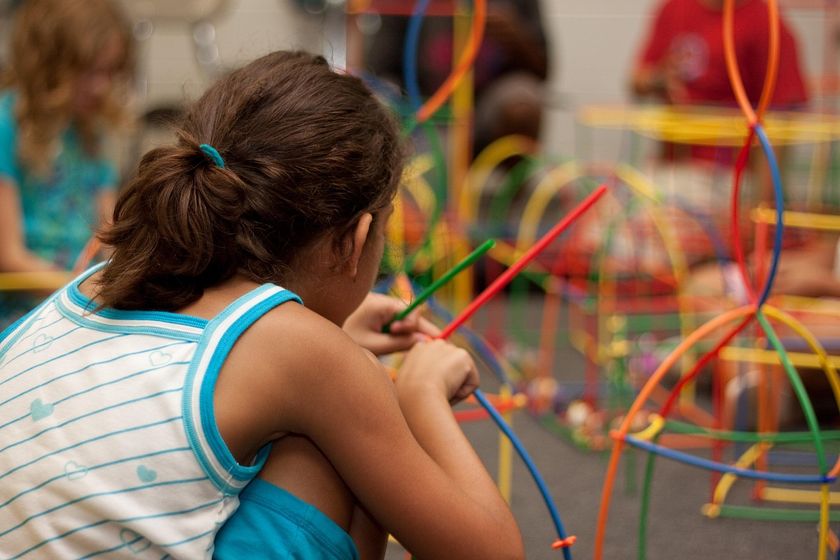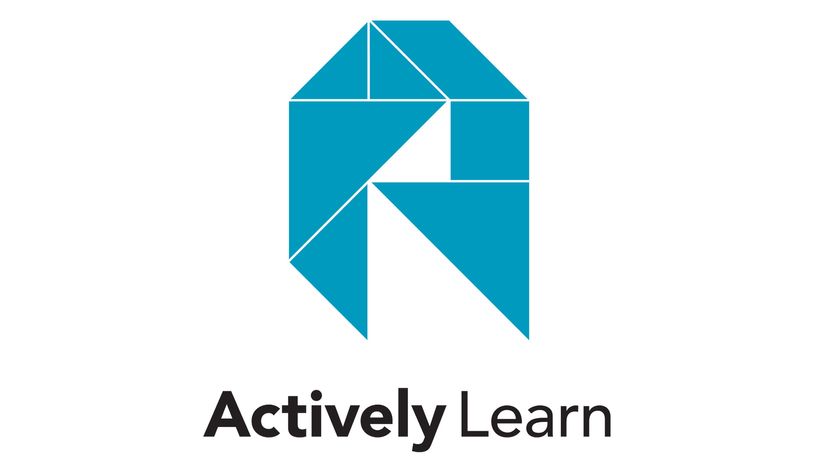5 Tips for Creating a Data Privacy Day in Your School
INNOVATIVE LEADER AWARD WINNER - A data privacy day in your school can help raise awareness regarding the importance of protecting students’ online presence

Cybersecurity continues to be a concern for all, with everyone from small businesses to major corporations and even governments on high alert, fighting the good fight to keep what’s private, private.
On the surface, it might seem that a young learner would be the last one to need to worry about securing their tech — not a lot of hacking of fridge-destined finger paint masterpieces or “my cat sat on a mat” stylings of literary work and intellectual property.
What isn’t such a cute concept is the amount of personal and sensitive information kept within a district’s system. Holding a data privacy day to bring awareness to this important topic is a great way to encourage safe use of tech.
Union School District in San Jose has a data privacy day, organized by Lisa DeLapo, Director of Information & Instructional Technology, to help students, staff, and families better protect their online presence.
Start Digital and Data Privacy Ed Early
As with most subjects, early intervention ensures students build good habits from the beginning. When started early, self-awareness of data safety can become as second nature as putting a bike helmet on before hitting the pedals.
“As soon as students are using technology, they should learn about digital privacy,” says DeLapo, who was recently honored as Innovative Technology Director during Tech & Learning’s Northern California Regional Leadership Summit. “Kids are clean slates when it comes to their personal information, which also makes them a target by cyber criminals. COPPA protects kids under 13 years old, but learners have to know how to make sure their information does not get into the wrong hands.”
DeLapo, known as “the digital privacy lady” in the halls of Union, loves when lessons learned stick.
Tech & Learning Newsletter
Tools and ideas to transform education. Sign up below.
“When I teach in classes, they will make comments about private versus public information— such as when they build a website, they don't put their names or other personally identifiable info on it,” DeLapo says. “It's like music to my ears!”
Invest a Little, Save a Lot
Unlike adults, identity security isn’t something most parents and guardians would think to keep tabs on for children. As such, typically obvious red flags might fly under the radar and not be caught until the damage is already done. Keeping students safe and secure, whether tucked in their desks, in the lunchroom, or in their digital future, is paramount.
“While many public school districts are under-funded, digital privacy still must be protected,” says DeLapo. “The cost of that data being released to the public—or worse— to criminals who may use it for their monetary gain, is far more costly. School districts can always use CITE's privacy services to ensure their schools and teachers are using applications and services that are legally bound to protect student data. It has to be part of the app-vetting process to ensure student information is not sold to other parties.”
5 Tips for Creating a Data Privacy Day in Your School
- Keep it simple. Kids need to understand what digital privacy is in general, so they know what they are protecting.
- Get students to participate in the creation of the day so they are involved in making it an engaging topic for their peers.
- Keep it short. Don't bore your audience with too much information.
- Stickers for participation! “We created our own sticker for students to show off on the case of their school-issued devices,” says DeLapo. “This raises excitement and helps to spread the word.”
- Ask parents and other adults in your community for help. "You never know who can help with good ideas and info," says DeLapo.
Sascha has nearly two decades of experience as a freelance journalist writing for national magazines, including The Washington Post, LA Times, Christian Science Monitor, National Geographic Traveler, and others. She writes about education, travel and culinary topics.











